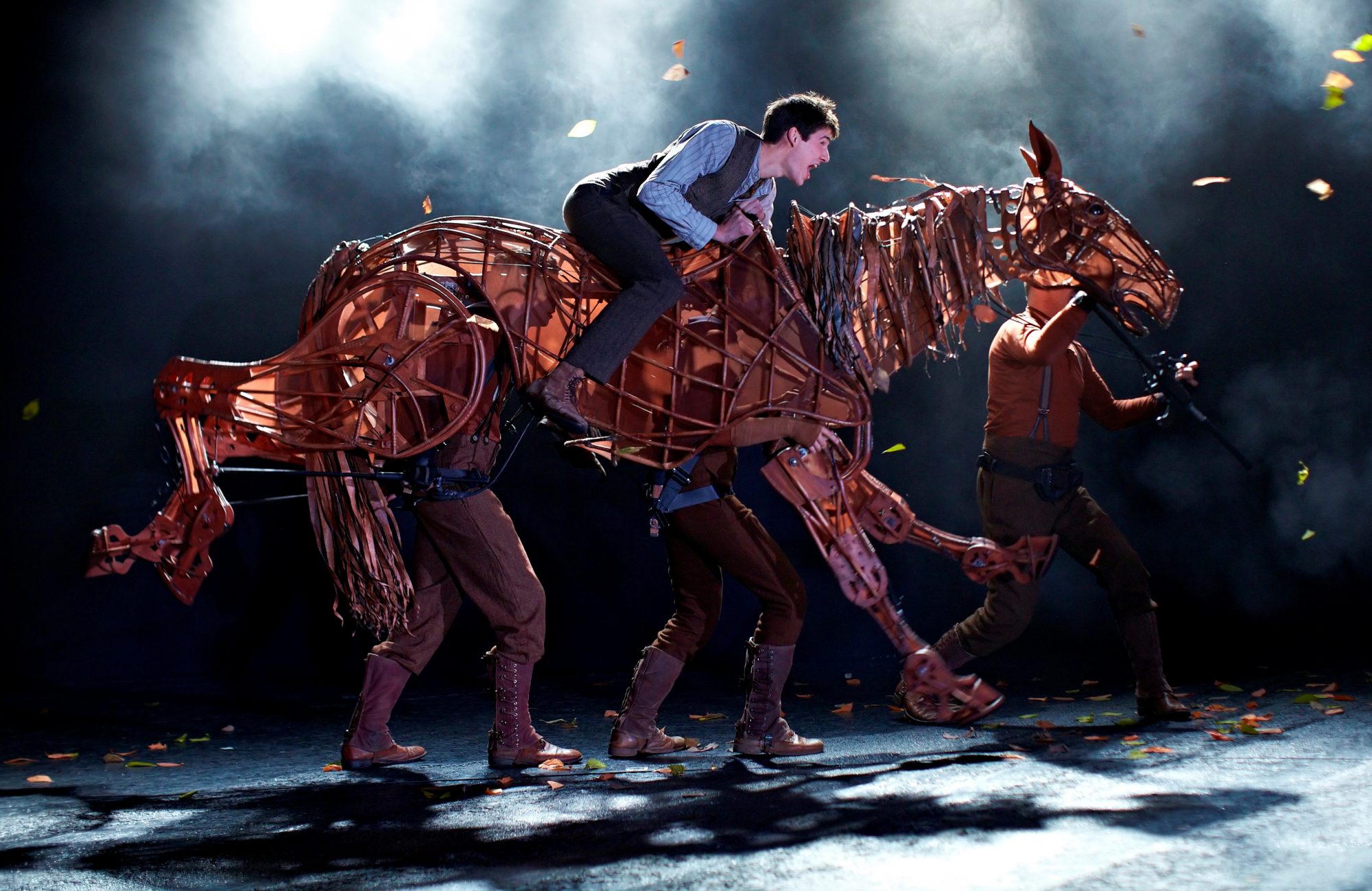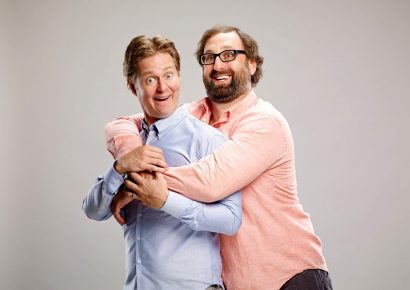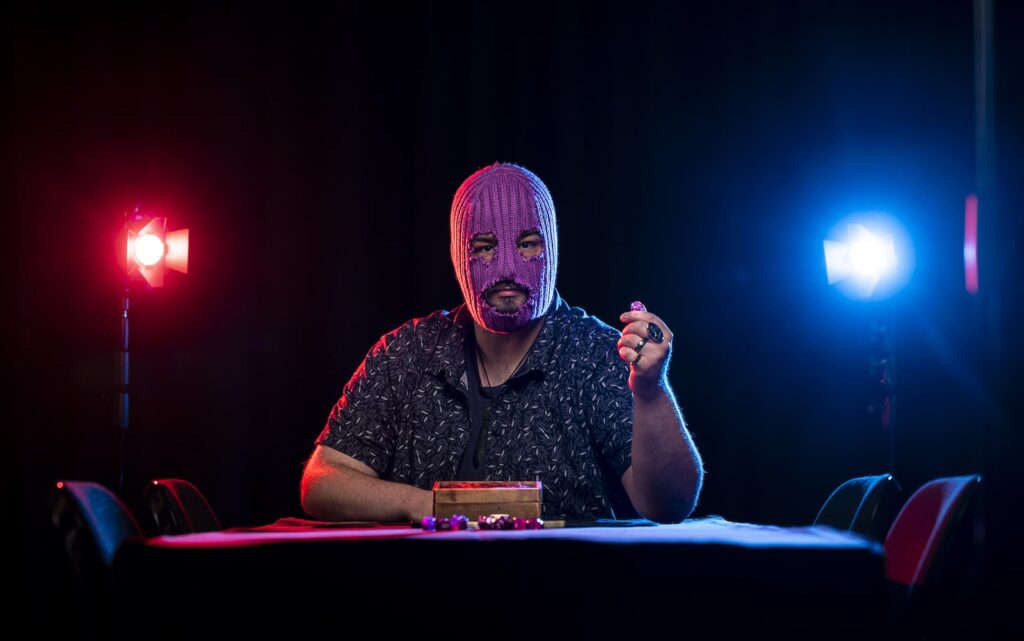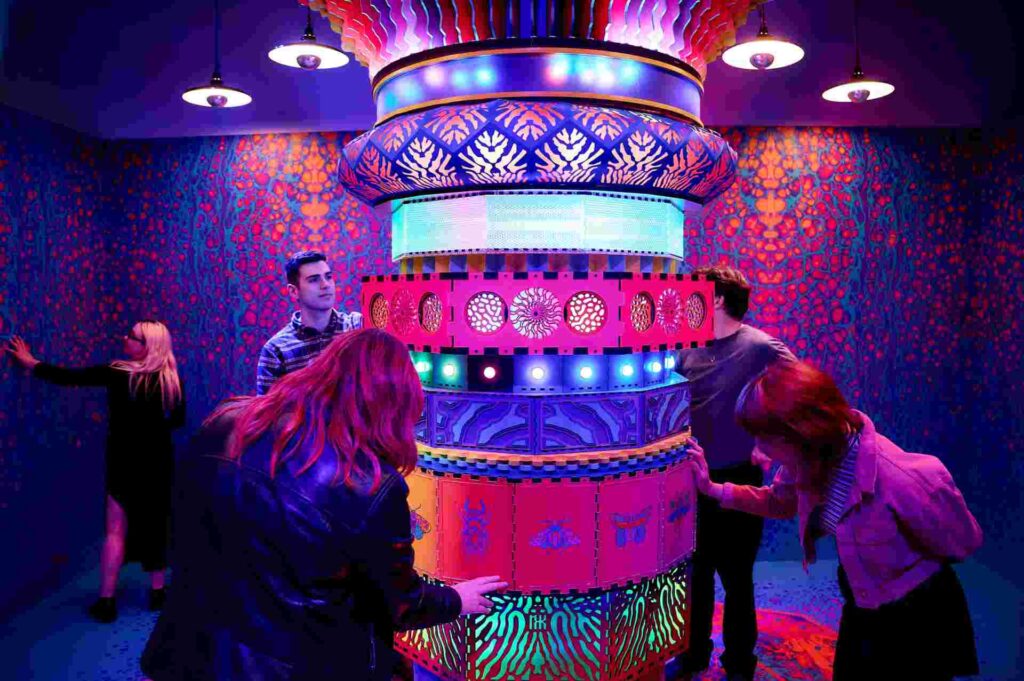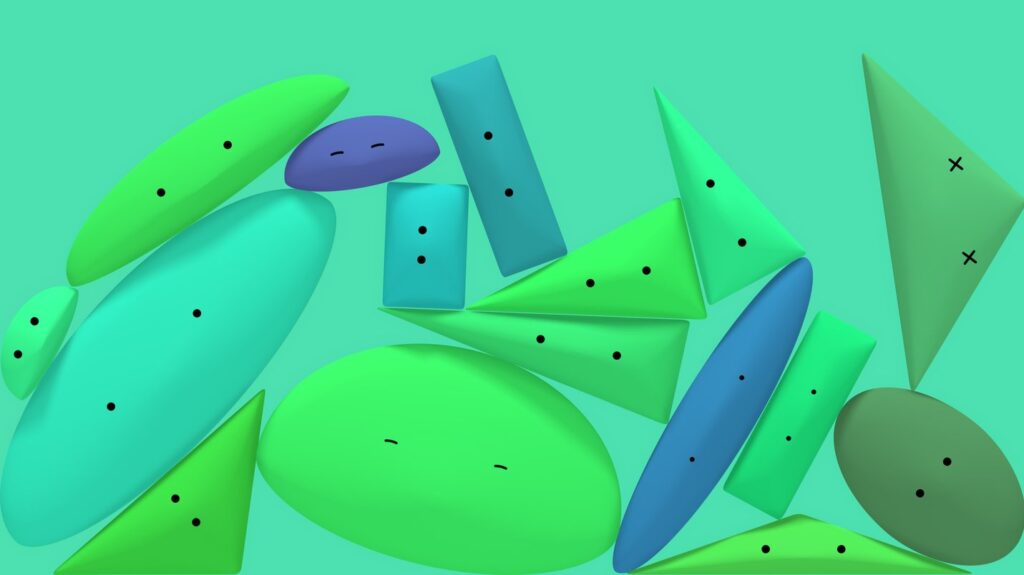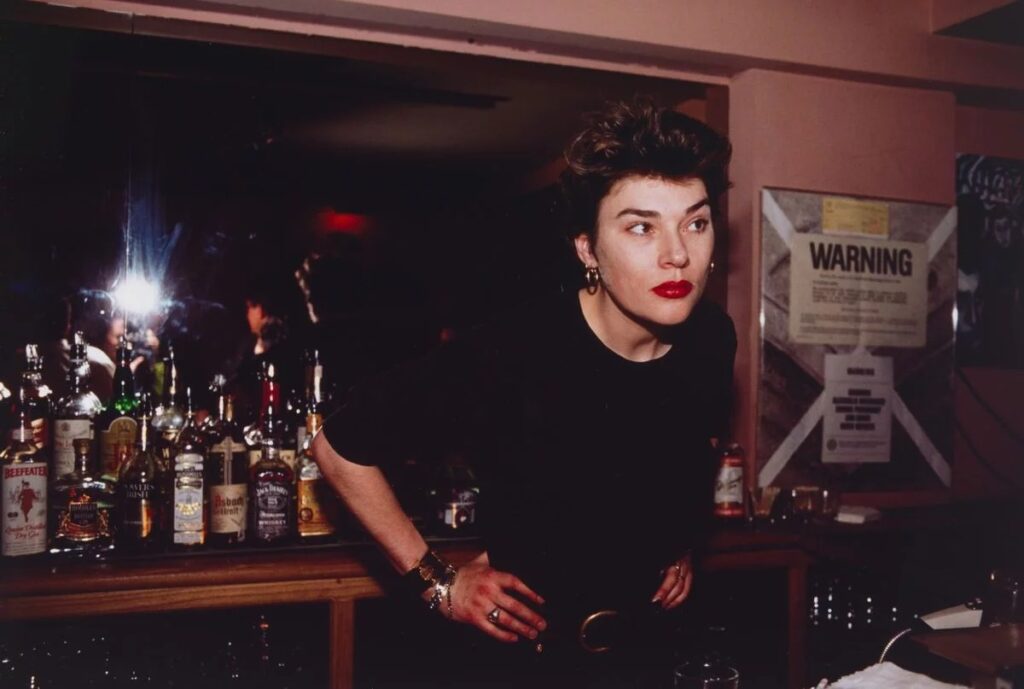Based on the beloved novel by Michael Morpurgo, War Horse has become the most successful play in the National Theatre’s history. Puppetry director Gareth Aled has been key to the mesmerising performance where puppeteering is pushed to breathtaking limits.
Set against the backdrop of the First World War, War Horse is a remarkable story of courage, loyalty, and friendship. The imaginative drama is turned into a show of inventiveness filled with ground-breaking puppetry. Gareth Aled was involved in an early incarnation of the project as a puppeteer and has returned to become one of the directors of puppetry.
“I puppeteered the head of Joey when the play was in the West End,” he says.
“Returning a year and a half ago as one of the puppetry directors felt like a huge undertaking but it’s been the most incredible learning curve and the rewards that come with it are extraordinary.”
War Horse is large scale, epic theatre that pushes at the ceiling of what people envision is possible on the stage. At the same time, some moments are so intimate, it can feel like you’re in a studio theatre.
“You’ve got 2,000 people noticing the smallest twitch of a tale or the horse notices something and you begin to understand that there’s been a change in thought.
“That’s the kind of detail that we can achieve via some cane, mesh and aluminium. You have to have a generosity of spirit to convince the audience that these inanimate objects are flesh and bone. Not just horses. They’re characters with individual personalities.”
War Horse has been seen by more than eight million people worldwide and received more than 25 international awards. When asked why the production has captivated such a vast amount of people from different parts of the world, Aled says it’s the play’s ability to connect through its vulnerability.
“The horse at the centre is key, there’s a neutrality to the animal. The horse doesn’t understand English or French or German. The horse responds to tone, intonation and good behaviour. There’s something incredibly moving about witnessing a war through the eyes of an animal.
“Puppets are inherently vulnerable. An actor walks on stage and you don’t doubt that an actor is living, you buy into it straight away. Whereas a puppet is just an inanimate object that has been designed and fabricated. It’s a kind of emotional engineering – a puppet is constantly striving to live. Before any story is told, we have to convince you that it’s living and maintain that throughout, and tell a detailed story.
“I think War Horse is a show that, although its constituent parts are incredible – the lighting design, the set, the costumes, the folk songs, the beautiful score, the puppets themselves – somehow this play resonates greater than the sum of its parts. That’s why I think the play has such an impact.”
Aled enjoys that War Horse has brought increased attention to the art of puppetry. Puppeteers put away their ego and undergo enormous tests of physical and emotional endurance to seemingly convince you of their invisibility.
“The thing that struck me when I first started – and it still does today – is that our puppeteers will work extremely hard on stage both physically and emotionally. If they do their job correctly, you’ll forget they exist. The generosity of spirit and the act of trust and listening is on a level rarely seen.
“You’re creating the breath of the horse, but also synchronising with the cast physically and vocally. You can’t talk to each other so it’s a huge act of trust and tests the ability to listen and respond. You’re going to stand on stage with all your human charisma and ego, but, if you do your job correctly, they will forget you exist so it’s an amazing thing to witness.”
War Horse will open at Regent Theatre on Friday January 10. Visit warhorseonstage.com.au for tickets.
